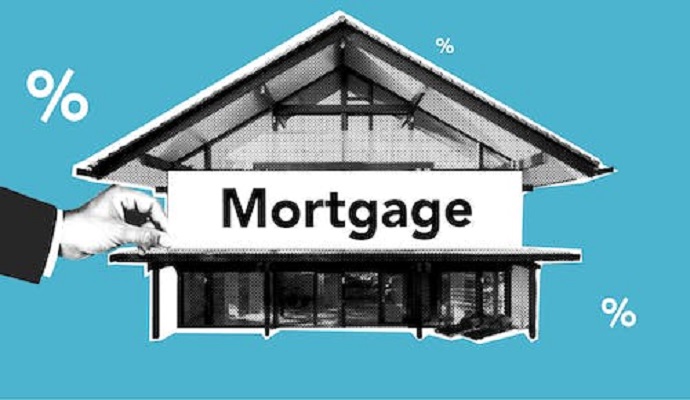
Your credit score is one of the most important financial metrics to keep track of. It determines whether you will be approved for loans, credit cards, and even rental applications. In this article, we will cover all the important steps you need to take in order to improve your credit score.
Understanding Your Credit Score
Before you start making any changes to your credit score, it’s essential to understand what your credit score is and how it’s calculated. Your credit score is a numerical representation of your creditworthiness and is based on your credit history. It’s calculated using various factors, such as payment history, amount of debt, length of credit history, and types of credit.
Get Your Credit Report
The first step in improving your credit score is to get a copy of your credit report. Your credit report contains all the information that credit bureaus have about your credit history. You are entitled to a free credit report from each of the three credit bureaus (Equifax, TransUnion, and Experian) once a year. You can request your credit report from each of these bureaus at annualcreditreport.com.
Dispute Any Errors on Your Credit Report
Once you have your credit report, it’s important to review it carefully and dispute any errors. Mistakes on your credit report can negatively impact your credit score, so it’s important to correct them as soon as possible. If you find any errors, you should file a dispute with the credit bureau and provide any documentation that supports your claim.
Pay Your Bills on Time
Payment history is one of the most significant factors in determining your credit score, so it’s important to make sure you are paying your bills on time. Late payments can have a significant impact on your credit score, so it’s important to prioritize paying your bills on time. You can set up automatic payments to ensure that your bills are paid on time every month.
Reduce Your Credit Card Debt
Credit card debt can have a significant impact on your credit score, so it’s important to work on reducing your debt. This can be done by creating a budget, reducing your spending, and making more than the minimum payment on your credit cards each month. If your debt is too high, you may want to consider a debt consolidation loan or a credit counseling program to help you get back on track.
Keep Your Credit Card Balances Low
Your credit utilization ratio, which is the amount of credit you are using compared to your credit limit, is another important factor in determining your credit score. It’s best to keep your credit card balances low, ideally below 30% of your credit limit. If your credit utilization ratio is too high, it will negatively impact your credit score.
Don’t Close Old Credit Cards
The length of your credit history is another important factor in determining your credit score. If you close an old credit card, it will reduce the average length of your credit history, which can negatively impact your credit score. It’s best to keep your old credit cards open, even if you don’t use them, to maintain a long credit history.
Apply for New Credit Sparingly
Applying for new credit can have a negative impact on your credit score, especially if you apply for multiple forms of credit in a short period of time. It’s best to limit the number of new credit applications you make, and to only apply for credit when you need it.
Consider a Secured Credit Card
If you have a poor credit history, a secured credit card can be a good option for improving your credit score. With a secured credit card, you provide a security deposit, which acts as collateral for the card. Use the card responsibly and pay your bills on time, and your credit score should improve over time.
Monitor Your Credit Report Regularly
It’s important to monitor your credit report regularly to ensure that there are no errors and to monitor any changes to your credit score.
Seek Professional Help
If you’re struggling to improve your credit score, consider seeking professional help. There are credit counseling and debt management services available that can help you get back on track.
Improving your credit score takes time and effort, but the benefits are well worth it.









DISCLAIMER: The information provided on InvestmentTotal.com is for general informational purposes only. The content on this website is not intended to be, and should not be construed as, professional financial advice.